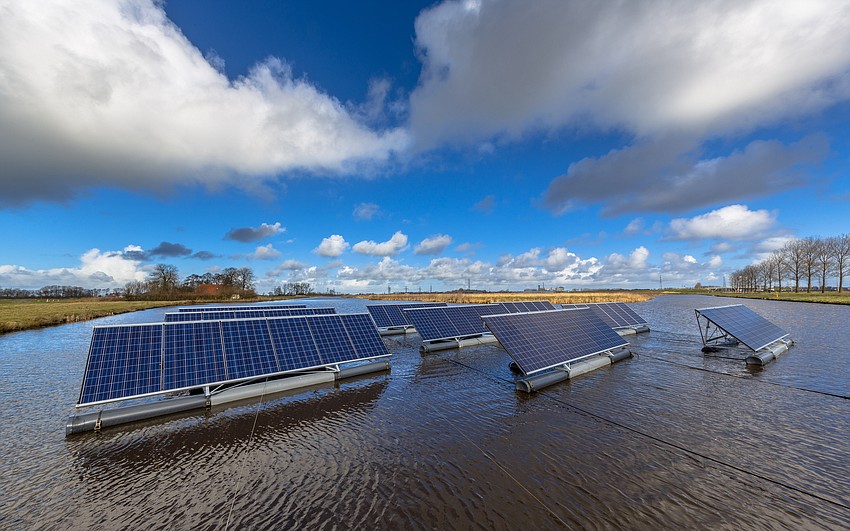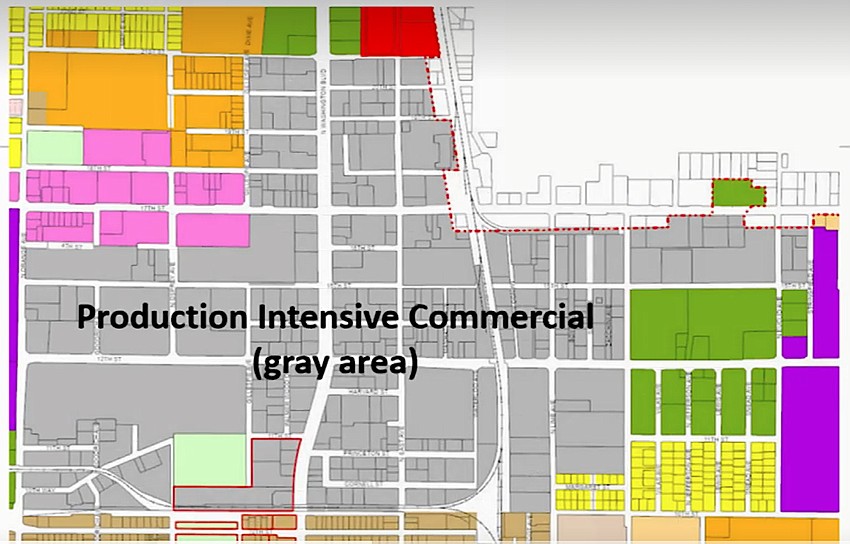Responding to a state mandate that local governments must permit floating solar facilities, the city of Sarasota is gearing up to prepare an amendment to its comprehensive plan by the end of the year. The move comes as a result of House Bill 1411, which was codified into law in 2022 and requires cities to accommodate floating solar facilities as a form of renewable energy production. At a recent public workshop on July 12, Sarasota's Manager of Long Range Planning, David Smith, introduced the proposed text amendment, aiming to facilitate solar utilities, including floating solar panels, primarily in the city's intensive industrial-zoned land.
The proposed amendment seeks to revise the text of the production intensive commercial land use classification by adding "solar utilities" as a primary use in the industrial zone. The term "solar utilities" encompasses both ground-mounted solar utilities and floating solar utilities, which generate power supplied to the grid for off-site use. Unlike large-scale solar farms, the city's ordinance will permit smaller solar arrays designed to produce electricity for the power grid, commonly referred to as solar gardens.
Since significant bodies of water suitable for floating solar panels are scarce in the zoning district, the text amendment broadens the scope to include ground-mounted solar utilities. To effectively generate electricity, the proposed amendment requires a space of at least 2 acres, along with a service building. However, many retention ponds of that size in residential communities are not ideal for solar panel arrays.
Sarasota Bay was ruled out as a potential site for floating solar panels due to concerns over its impact on wildlife, seagrass, and recreational boaters. Instead, the city's production intensive commercial land use classification was deemed the most suitable for power production facilities, considering its industrial nature that allows for various uses such as manufacturing, assembly, storage, and distribution.
To meet the December deadline for submission to the state, hearings before the Planning Board and the City Commission will be scheduled, with opportunities for public input. Following these hearings, modifications may be made before transmitting the amendment to Tallahassee. State agencies will then have 60 days to review and provide feedback. The anticipated adoption of the amendment is expected in spring 2024, subject to an additional public hearing before the City Commission, where a supermajority of four out of five votes will be required for the comprehensive plan amendment to be approved.



